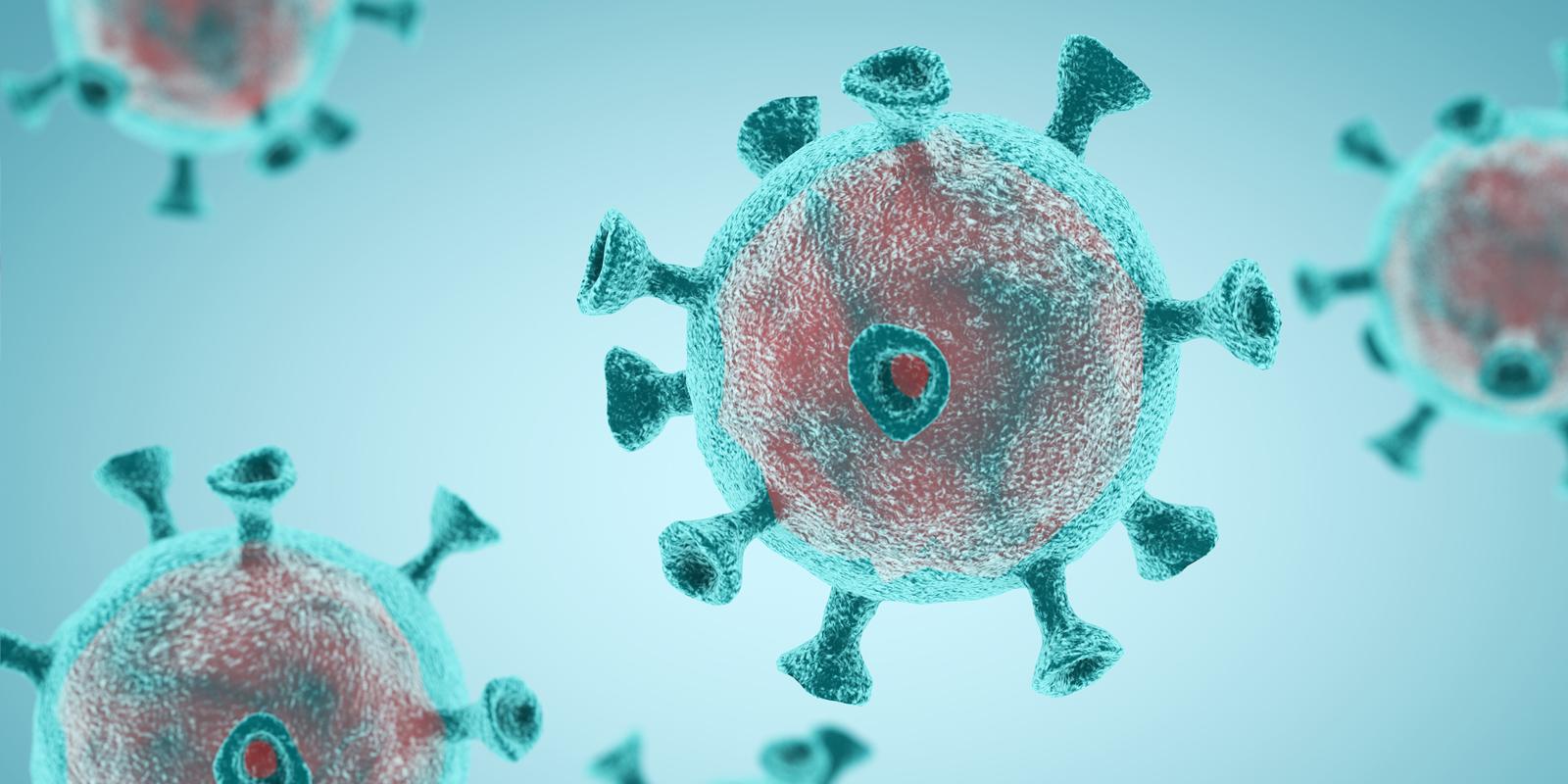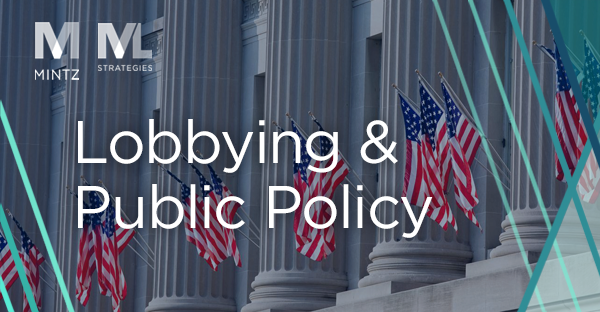
COVID-19 Viewpoints
Filter by:
COVID-19 Legislative Update - What Will Happen Between Now and July 31, 2020?
March 12, 2020 | Blog | By Steven Baddour, Daniel Connelly, Kaitlyn Sprague, Caitlin Beresin, Taylor Shepherd
As the nation continues to address the spread of the novel coronavirus (“COVID-19”), several precautionary efforts are being taken to ensure citizens remain safe and reduce the prevalence of transmission to vulnerable individuals across the country. As the Legislature and Executive Branch aggressively focus on COVID-19 related issues, your ML Strategies team will continue to monitor and engage state and local leaders on legislative and regulatory priorities by keeping lines of communication open on a daily basis with legislators and staff.
Read more
The VALID Act, Aiming to Reform the Regulation of Diagnostic Products, Is Finally Introduced in Congress
March 12, 2020 | Blog
Following years of discussion, on March 5, 2020, U.S. Representatives Larry Buchson (R-IN) and Diana DeGette (D-CO) and U.S. Senators Richard Burr (R-NC) and Michael Bennet (D-CO) introduced identical versions of the Verifying Accurate and Leading-edge IVCT Development (VALID) Act in both chambers of Congress. The bipartisan legislation closely tracks existing medical device laws, with some notable exceptions, discussed below and in a prior post. If enacted, many regulatory elements familiar to in vitro diagnostic (IVD) and other medical device manufacturers would be applied to clinical laboratories that develop their own tests, commonly known as laboratory developed tests (LDTs). The bill also includes elements that are priorities for the Food and Drug Administration (FDA), including a program conceptually similar to pre-certification, third-party review, and Collaborative Communities. Unlike previously-circulated discussion drafts, the introduced bills include specific language designed to address public health emergencies, including COVID-19.
Read more
In Response to COVID-19, IRS Provides High Deductible Health Plan Relief
March 12, 2020 | Blog | By Patricia Moran
On March 12, 2020, the IRS issued notice 2020-15, providing that a health plan will not fail to be a High Deductible Health Plan (HDHP) merely because it provides testing for and treatment of COVID-19 without a deductible or subject to a reduced deductible. Therefore, an individual who participates in such a plan may continue to participate in a Health Savings Account (HSA).
Read more
FDA’s Evolving Response to the COVID-19 (Coronavirus) Outbreak
March 4, 2020 | Blog | By Joanne Hawana
Within the U.S. Department of Health and Human Services (HHS), many agencies have responsibility for responding to public health emergencies. The Centers for Disease Control and Prevention (CDC), as its name implies, is at the forefront of the COVID-19 (coronavirus) outbreak as the government seeks to control and prevent the spread of the virus in the United States. The National Institutes of Health (NIH), particularly the National Institute of Allergy and Infectious Diseases, are also involved, primarily conducting research into the sources, cause, and means of transmission of the new virus and coordinating vaccine development efforts. The Food and Drug Administration (FDA) is responsible for assuring the safety and effectiveness of medical products and therefore has oversight over any clinical trials for promising coronavirus treatments (drugs, vaccines, devices), as well as authority to authorize the marketing of any such product. The agency oversees the drug supply chain and monitors drug and device shortages. This blog post covers steps that FDA has taken to mitigate potential drug and device shortages related to coronavirus and to otherwise respond to the coronavirus situation.
Read more



